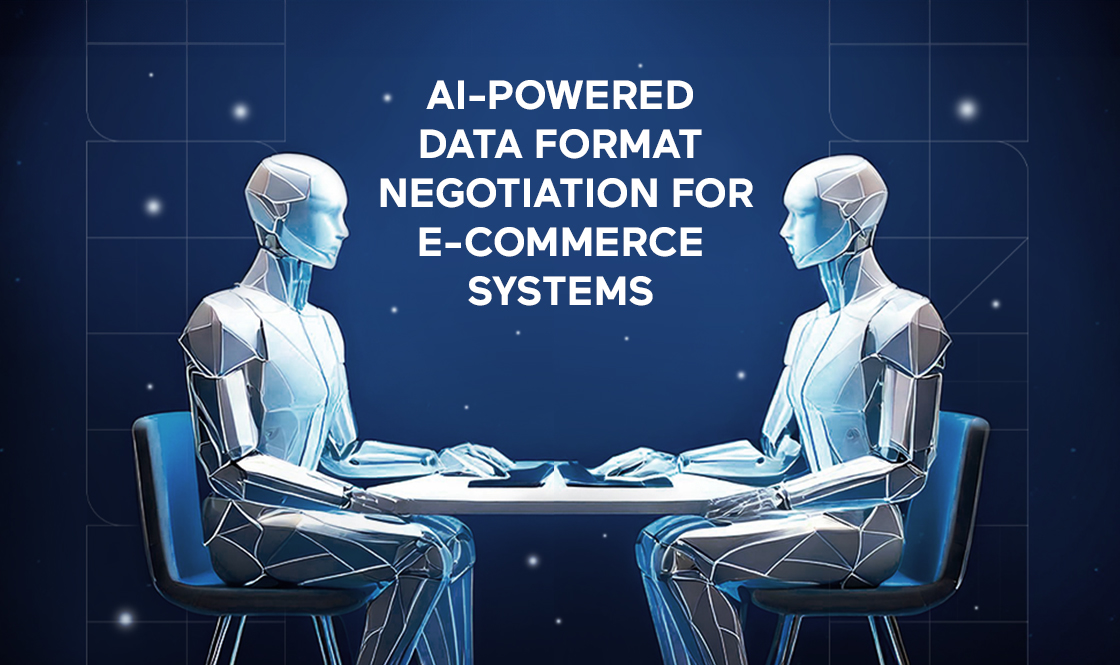AI is reshaping the landscape of software development. With tools like Wippy, developers are experiencing an AI-driven transformation that enhances their capabilities rather than replacing them. This transformation is marked by increased productivity and innovation through AI-powered development and developer workflow automation.
The debate on whether AI will eliminate engineering jobs is ongoing. However, among software developers, the consensus is that while their roles are not under imminent threat, they will need to upskill in AI. According to Atlassian’s latest State of Developer Experience Report, 62% of developers believe today’s AI only marginally improves productivity. Yet, the gap between perception and reality is evident, as AI continues to evolve and integrate into development processes.
Wippy, an innovative multi-agent AI framework, is at the forefront of this evolution, fundamentally changing how developers work. It supports AI integration in software development, allowing developers to focus more on innovation and less on mundane tasks.
Developers Will Continue to be Indispensable
I hear a lot from my non-technical friends that there is a perception that software developer jobs are prime candidates for AI replacement. It took me time to come around to this because I know that AI and Agents will have a profound impact on how development is performed in the future, but I find this to be an oversimplified suggestion and misrepresentation largely. The gap between perception and reality is understandable, given the ease with which AI can now generate small code snippets on demand in a service like ChatGPT. I still firmly believe it’s clear that developers will remain crucial for years to come, and the outcome will be more software will be produced in general. Moreover, we’re on the brink of a new era in “developer assistance tech”—one that will strengthen, rather than threaten, developer roles.
Developers remain invaluable due to the multifaceted nature of their work, which goes beyond coding. For AI to replace developers, it would need to master dynamic, creative, and context-dependent tasks—a feat current AI models are not equipped to achieve.
- Complexity Beyond Coding: Developers manage complex systems and navigate evolving requirements. While AI excels at generating code snippets, it struggles with the nuanced demands of full-scale application development. By understanding the structure and interdependencies within a codebase, Wippy can help automate some of the more tedious, mundane tasks like integrations which it can do in minutes, thus freeing developers to focus on innovation. In order to solve this problem, we decided to design Wippy to not just handle a specific task but rather designing the process of task handling, letting our developers and Wippy itself improve the flow of work constantly. Essentially, we let the system bootstrap itself through self modification, just as the learning process in engineering works.
- Dynamic Job Roles: The role of a developer is ever-changing. While AI can handle static tasks efficiently, the creative and dynamic aspects of development still require human oversight. We built Wippy into a multi-agent system so that it can complement this dynamic environment, building tools that evolve with the developer’s needs and project requirements, rather than attempting to replace them. Let’s think about this another way. Ask any engineer you know, what percent of their job is something so routine that it no longer brings them joy? Some will be working on highly unique tasks and challenges and say just a few percent, while others will mention up to 80% simply because they are assigned to repetitive tasks over and over. We realize that handling every task is not possible, but why not let the system handle the things that developers hate the most – integrations, documentation, etc.
- Beyond Simple Automation: Our concept is simple. We want developers to drive the process, but we want to give them the option to avoid doing the boring work that only a person knowing how to code can do. While AI frameworks and tools like Wippy can automate repetitive tasks, such as generating boilerplate code or updating documentation, they do not diminish the need for skilled developers. Instead, Wippy accelerates developers by automating these low-level tasks, and boosts their productivity and even better allows them to think about the best way to tackle more complex (and fun) challenges.
Wippy is designed to not just handle specific tasks but to improve workflows through self-modification, akin to a self-modifying AI system.
Wippy’s Role in the Next Generation of AI-Assisted Development
If we had to pull out our crystal ball, it’s clear that AI will play an increasingly significant role in strengthening a CTO’s or developer’s productivity. The head-spinning evolution of AI tools, that includes Wippy, isn’t going to replace developers but will transform how they work, the skills they will need to master and allow them to achieve more with less effort (something we all love but are inherent in the best developers).
- Improving the Developer Experience: One of the primary outcomes of AI in development is to improve the developer experience. Wippy’s agents, for instance, can automate the generation of stub classes based on a project’s current structure, significantly reducing the time developers spend on setup tasks. This allows them to dive straight into the more creative and fun aspects of their work. While more code-based knowledge bases emerge over time, we aim to substitute not only individual classes but the whole components suite, allowing Wippy to build a complete understanding of the project and its integral parts.
- Following Compliance and Security: In today’s development environment, we have to make sure that the code written meets security and ethical standards. That is crucial. Wippy’s AI agents can help developers maintain these standards by automatically checking code against regulatory requirements and company policies, ideally catching potential issues early in the development process and squashing them.
Preparing for the Future of Development
As AI continues to integrate into software development, the roles of developers will evolve. Wippy positions itself as a key player in this transition, ensuring developers have the tools needed to thrive in an AI-enhanced environment.
- Continuous Learning and Adaptation: Wippy’s framework is designed to learn and adapt over time. As it processes more data and interacts with developers, it becomes better at understanding and responding to the unique needs of each project. This continuous learning capability makes sure that Wippy remains a valuable tool in the developer’s arsenal, capable of evolving alongside their skills.
- Focus on Creativity and Innovation: By automating the mundane aspects of development, Wippy gives developers a chance to focus on what they do best—creating innovative solutions. One of the best things about AI is it won’t complain when you give it a crappy task. With Wippy handling the grunt work, developers can dedicate more time to exploring new ideas, experimenting with different approaches, and pushing the boundaries of what’s possible.
- Supporting Collaboration and Integration: Wippy’s ability to integrate seamlessly with existing systems and workflows makes it an easy tool for teams to use. Whether you’re working on a small project or a large-scale enterprise application, Wippy’s agents can help streamline collaboration, make sure everyone stays on the same page and that the project moves forward smoothly, even if an engineer leaves the project.
See Wippy in action and learn about its potential for your team.



